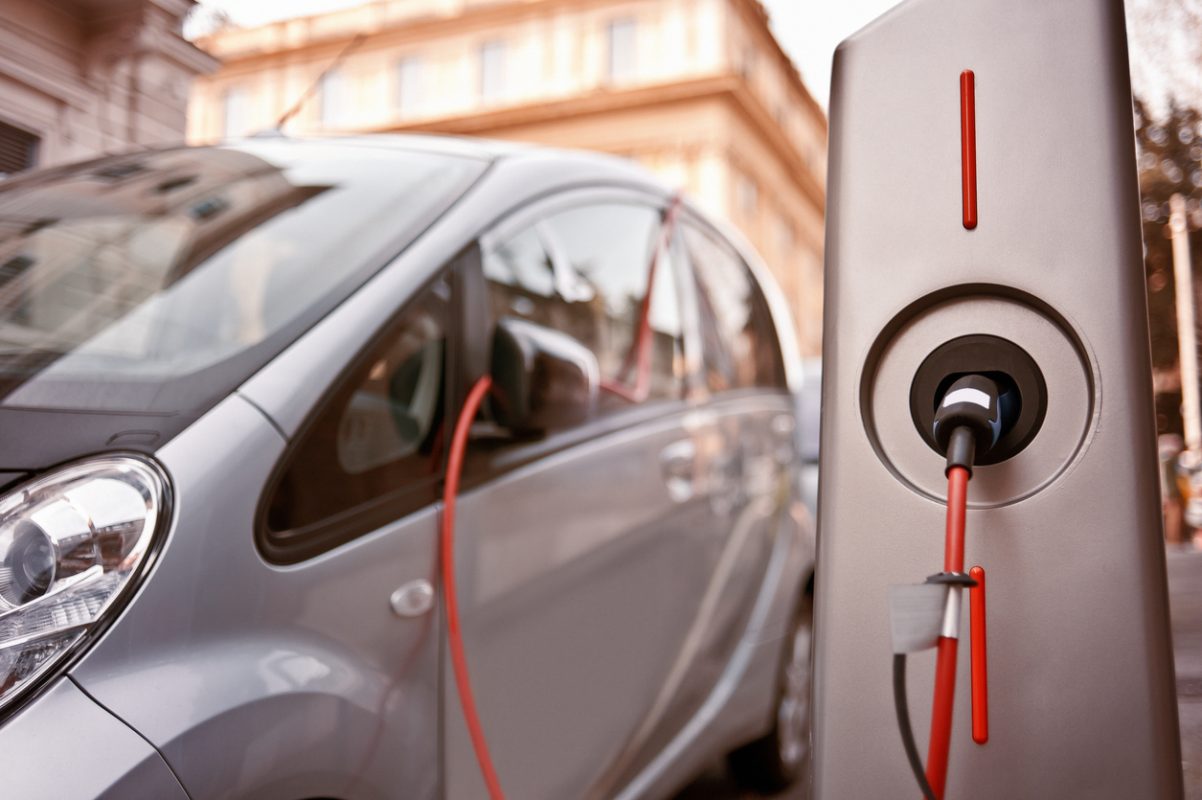The pace of growth is slowing but in line with forecasts.
Worldwide sales of electric vehicles increased by 31 percent in 2023, down from a 60 percent upsurge in 2022, Reuters reports, citing the market research firm Rho Motion. Despite the decline, the number follows Rho Motion’s prediction of a 30 percent yearly increase. The company expects this trend to continue and forecasts a 25 to 30 percent growth in 2024.
The past year ended with a record monthly volume of 1.5 million EVs sold in December, totaling in 13.6 million sales over the year, Rho added.
Electric vehicles have become a political topic in recent months. With Chinese companies, such as BYD, continuing to gain market share, traditional European and American carmakers are falling behind. While the U.S. has begun to address the issue through government policies like the Inflation Reduction Act and the Infrastructure Investment and Jobs Act, Europe risks falling behind if no measures are taken, a recent report by French university École Polytechnique argued. The authors explained China’s dominance through its holistic approach to the whole electric vehicle value chain, from mining the needed critical minerals like rare earths to assembling the final car. Since the 1990s, the People’s Republic has intensified efforts to build a rare earth industry, for example.
The proposed Critical Raw Materials Act could help the EU shift this dynamic by demanding member states to produce ten percent of the EU’s annual demand for 17 strategic raw materials by 2030, cover 25 percent through recycling, and process 40 percent itself.
Photo: iStock/s:omada


